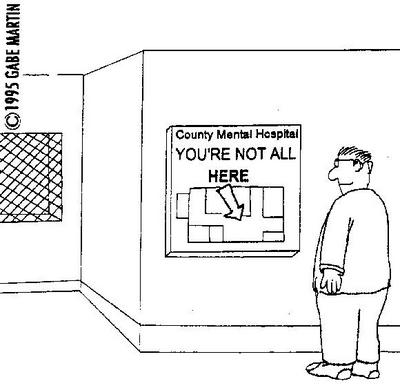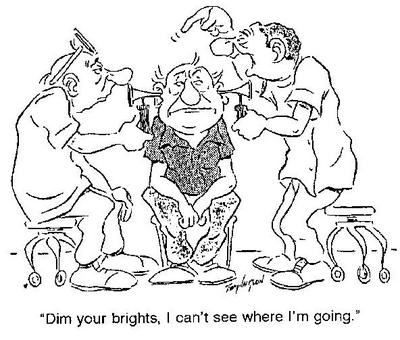QUOTE OF THE WEEK: “Health care costs are eating the Defense Department alive.” - Robert M. Gates, former Secretary of State/Humorist

In 2011, I was on a business trip to Panama when I visited a local physician to diagnose a bulge in my groin area (not hormonally induced). I waited exactly five minutes before kindly being escorted by the receptionist into an examination room. The doctor, who was educated and trained in the U.S., told me in flawless English that I have a hernia and recommended a surgical procedure that he explained thoroughly. He referred me to a surgeon (also U.S. educated and trained) who said he could arrange the procedure in three days’ time, and it would cost about $2000. The cost to have it done in the States: $8000-10,000. This was a classic no-brainer.
At the hospital, which is affiliated with the prestigious Johns Hopkins, there were only two short forms to complete, and a credit card slip to sign. While waiting in an area that could pass for a VIP lounge at any major airport, I was offered fresh juice and other refreshments. Fifteen minutes later a congenial nurse took me into the operating room, where I was given a choice of internal or topical anesthesia, or no anesthesia. I humored the doctor, anesthetist, and nurses during the procedure; we all had a pretty good time. Ten minutes later it was done, and after an hour of rest and observation, I was out the door without having to sell one of my organs to pay for it.
It was both surprising and impressive. A scant three days to schedule the operation, 1 1/2 hours start to finish in the hospital, and quality service. Back home in California, the same procedure would cost 75-80% more. Chances are I would have frittered away an hour plus in a waiting room filling out endless paperwork, waited another hour or two before the operation, and perhaps spent countless hours arguing with the insurance company. Now it’s three years later, and no problems with the surgery.
How rare in any industry to have such affordable, prompt, professional, and personal treatment, but especially in medical care. The United States, with all of its supposed intellectual and financial capital, can provide vast resources for foreign aid. Why not for something as important as medical care?
Don't ever feel like you have to resign yourself to any system whose procedures are overpriced and underserved. There are options. This is an example of one of them.
FACTS (Reported by Workplacefairness.org)
In 1979, 70% of private sector jobs in the U.S. provided health benefits; today only 60% do;
1 of 3 people under 65 were uninsured at some point last year; over half of those were uninsured for at least 9 months;
In the last four years, workers’ health premiums increased 50%, about $1000 per family; 3 times the average increase in income
MEDICAL MIRTH








